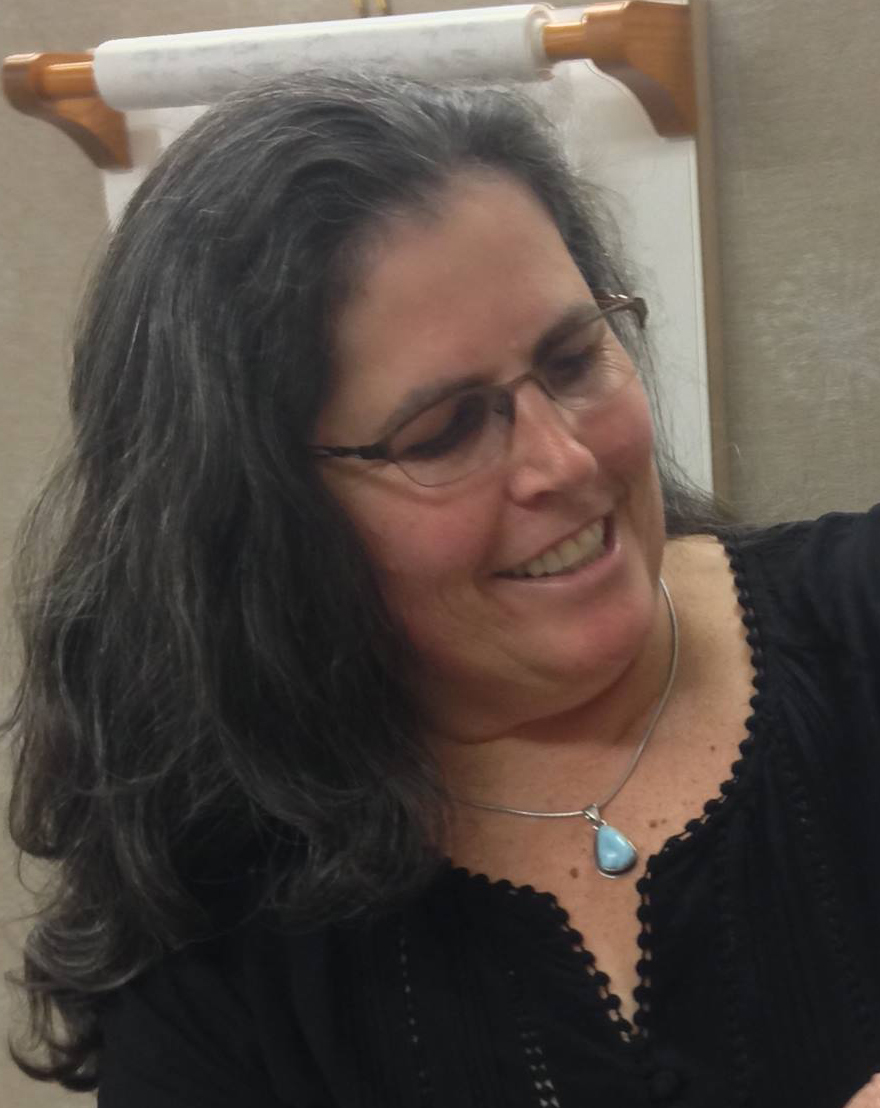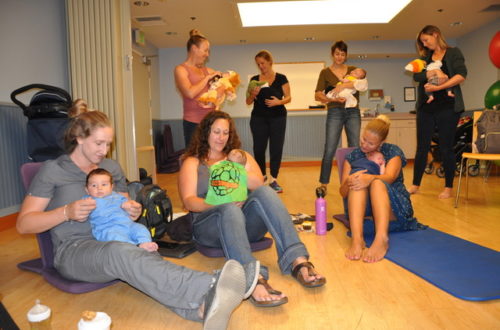Black Babies’ Lives Matter
by Laura Maxson, LM
 The American Journal of Public Health published “Black Lives Matter: Claiming a Space for Evidence-Based Outrage in Obstetrics and Gynecology” in October 2016. This article points out that continuing to document poor outcomes for Black patients and accepting it as a given is not progress.
The American Journal of Public Health published “Black Lives Matter: Claiming a Space for Evidence-Based Outrage in Obstetrics and Gynecology” in October 2016. This article points out that continuing to document poor outcomes for Black patients and accepting it as a given is not progress.
The authors conclude, “Race is a social construct and the overwhelming statistics we present are attributable to a broken racist system, not a broken group of women.” This is a message that Black, Indigenous, and People of Color (BIPOC) need to hear loud and clear; because the message they’ve been told is that they are indeed broken; that their bodies are high-risk and that it is somehow their fault they are dying in childbirth.
A maternal death rate 3-4 times higher for Black people giving birth compared with white people, is a staggering statistic, but sadly it’s just the tip of the iceberg. Black women experience more unintended pregnancies. They are more likely to not use contraception and less likely to use the most effective contraception. Infertility rates are higher for Black people. Even when in vitro fertilization (IVF) is covered by insurance, Black people have far fewer IVF attempts and those achieving an IVF pregnancy have fewer live births and more miscarriages than white people.
Besides higher maternal mortality, Black patients also experience higher rates of cesarean birth, infection and postpartum hemorrhage; none of which are explained away by “patient-level risk factors” or “site of delivery.” Tragically, Black infants die more than twice as often as white infants. There are similarly grim statistics around gynecological cancers for Black women.
The authors challenge researchers and obstetrics/gynecology departments to no longer simply accept that Black people will not do as well. While acknowledging there are many complex issues involved in improving healthcare outcomes for Black people, it should be noted that the current system is not the best practice for Black women, so why does it continue?
Doing the same thing and expecting a different outcome is clearly not effective. However, midwife Jennie Joseph is changing the paradigm in her community. She put together a winning program that dramatically decreases racial disparities in childbirth. In 2006, Orange County, Florida, had a 15.5% preterm birth rate overall and 21.4% rate for Black women. At the same time, Jennie’s practice had only a 4.7% preterm rate – with none of her Black or Hispanic clients delivering early. In 2017 her expanded practice showed better outcomes for her Black clients with an 8.6% preterm birth rate compared to 13% for the same race in Orange County.
Jennie’s program, the JJ Way, builds on the Midwives Model of Care and provides health care with a focus on prenatal bonding through respect, support, education, encouragement and empowerment. Her birth center practice is coupled with her Easy Access Prenatal Care Clinics. The intent of the clinics is to provide barrier-free care. Everyone is warmly welcomed to these community clinics, no matter their situation, insurance, or ability to pay.
Potential patients simply register online, make an appointment and are quickly seen. The first visit creates an active medical record which is especially helpful for high-risk clients or those having difficulty finding care. This initial record removes a barrier to care by allowing a smoother referral from the clinic to an obstetrician or hospital, if needed. Those who remain in care with the Easy Access Clinics can choose to give birth at the birth center or at nearby hospitals, which work collaboratively with Jennie’s clinics.
“Until women and their loved ones feel that they have enough knowledge and agency to be part of the decisions around their care and until they have access to the education and support that they are lacking, they will continue to be at risk.”-Jennie Joseph. This program has high rates of breastfeeding and patient satisfaction, saves lives and money and is replicable.
Unfortunately, the current maternity system in the U.S. remains firmly inside the box. The Midwives Model of Care, shown to improve outcomes, is mostly ignored in favor of the firmly entrenched obstetrical/medical model. Midwife Jennie Joseph is embracing and expanding the Midwives Model of Care by establishing a nonprofit organization, Commonsense Childbirth. Her organization includes the JJ Way, her birth center and clinics, the first accredited black-owned midwifery school, a National Perinatal Task Force and much more. Become an ambassador for the Task Force as it works to bring people and organizations together to “shift the paradigm of reproductive health by addressing the root causes of inequity, building collective power, and advancing liberation for all.”
Jennie Joseph’s work
commonsensechildbirth.org
The study mentioned above
ncbi.nlm.nih.gov/pmc/articles/PMC5024373
Midwives Model of Care
tinyurl.com/y57hn5k3
Birth Network of Santa Cruz
Birthnet.org
Laura Maxson has been the director of Birth Network since 1998. She became an advocate in the early ’80s after experiencing a lack of information and choice around birth and breastfeeding. Laura has worked as a breastfeeding counselor, childbirth educator, doula, and homebirth midwife.









